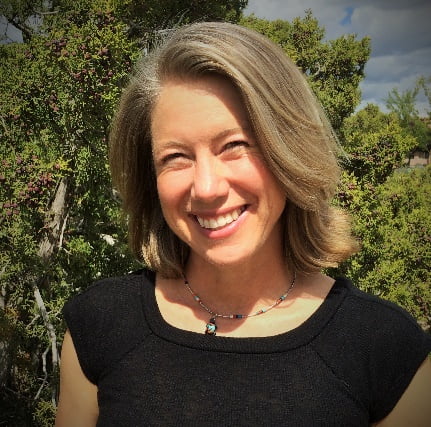Keynote Presentation:
Good Things Come in Small Packages: Developing and Utilizing Ecologically-Appropriate Native Seeds for Habitat Restoration
Melanie Gisler, Southwest Branch Director for the Institute for Applied Ecology
Successful restoration depends on an adequate supply of ecologically-appropriate native plant materials. Specifically, native seeds are needed to restore large swaths of land after landscape-scale disturbances in Southwestern ecosystems. Despite a high demand for seed in the Southwest, finding the right sources and the right species for project sites can be difficult. The Southwest Seed Partnership (SWSP) has been working to improve the supply of locally sourced, genetically diverse native seeds since 2015 and has made major strides in yielding seeds for future restoration. Through strategic development of diverse and adaptable plant materials, the SWSP seeks to bolster successful restoration in both current and future climate conditions. In addition to plant materials development, the SWSP is increasingly conducting seed-based restoration and research. Restoration is not one-size fits all and attuning seed mixes and seeding application techniques according to species’ seed biology and ecology will increase the likelihood of success. This presentation will detail the plant materials development process from wild seed collection through restoration implementation, highlighting what can be learned at each step. We will discuss seed increase, evaluation of seed zones, seed purchases, seed mix creation, seeding application techniques, and end with restoration results using local examples, including riparian projects. Through the SWSP model, restoration practitioners in the region may further benefit from transferrable tools, research, networks, and seed knowledge.
About Melanie Gisler:
